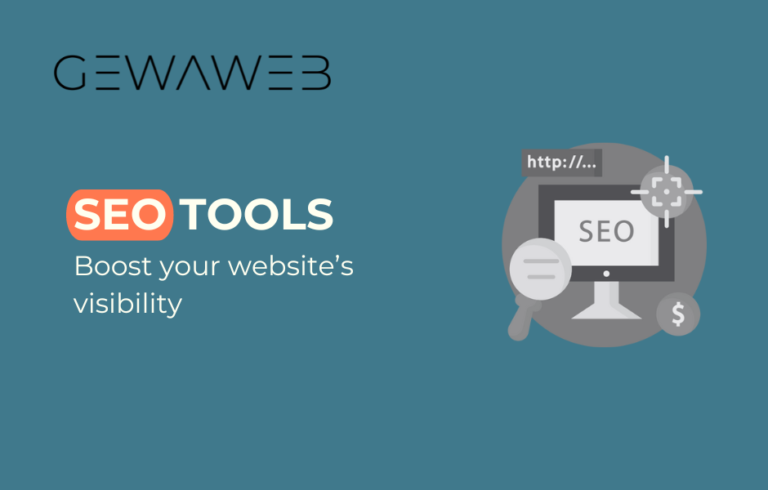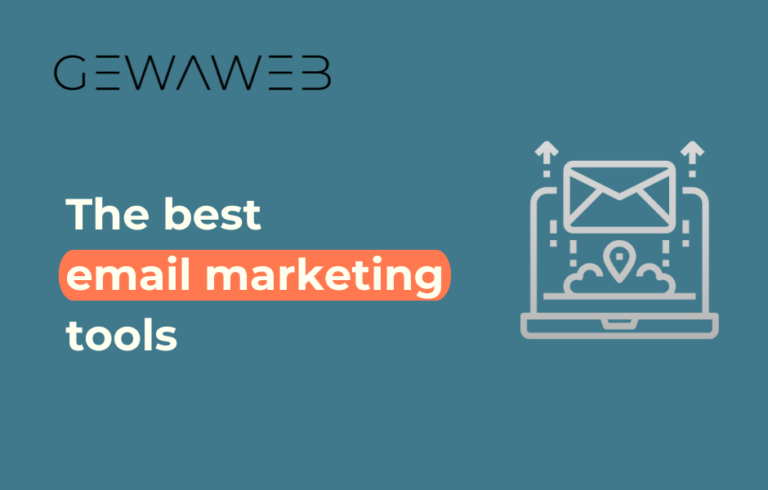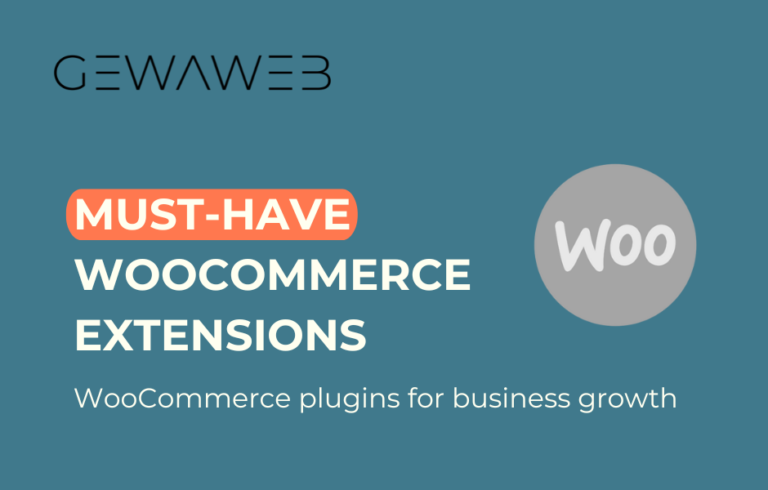Empowering Online Businesses
The rise of e-commerce platforms has revolutionized how businesses operate in the digital age. From managing inventory to processing payments, these platforms serve as the foundation for creating and running an online store. Whether you’re a budding entrepreneur or an established retailer, understanding the role of e-commerce platforms is vital for leveraging their benefits and growing your business.
What Are E-commerce Platforms?
An e-commerce platform is a comprehensive software solution that enables businesses to establish, operate, and grow online stores. Unlike simple website builders, these platforms come equipped with features that handle the entire lifecycle of online retail, including:
- Product Management: Adding, editing, categorizing, and organizing products.Payment
- Processing: Securely handling online payments through credit cards, PayPal, and digital wallets like Apple Pay.
- Customer Management: Tracking orders, managing customer data, and enhancing the overall shopping experience.
Types of E-commerce Platforms
E-commerce platforms fall into two main categories, each catering to different business needs:
1. Hosted Platforms:
These platforms, such as Shopify and BigCommerce, provide an all-in-one solution, managing hosting, security, and software updates for you.
- Advantages: Ease of use, minimal technical skills required, and built-in support.
- Example: Shopify’s drag-and-drop website builder is ideal for entrepreneurs launching their first online store.
2. Open-Source Platforms:
Examples include WooCommerce and Magento, which require hosting and technical management but offer unparalleled customization.
- Advantages: Complete control over design, scalability, and features.
- Example: A large retailer might use Magento for its ability to handle complex operations and high traffic.
Key Features to Consider When Choosing an E-commerce Platform
Selecting the right platform is critical. Here are the essential features to look for:
- Ease of Use: For those new to e-commerce, platforms like Shopify provide intuitive interfaces and templates, making it easy to get started.
- Customization Options: Platforms like WooCommerce offer extensive customization capabilities. For example, you can integrate specialized plugins or design unique checkout experiences tailored to your brand.
- SEO Tools: SEO-friendly platforms can boost your online visibility. Look for features like customizable URLs, meta tags, and sitemaps.
- Integration Capabilities: Compatibility with tools like Google Analytics, email marketing software, and CRMs (like HubSpot) ensures seamless operations.
- Scalability: If you anticipate growth, choose a platform that can scale with your business, such as BigCommerce, known for its multi-channel selling and high-performance infrastructure.
Examples of Popular E-commerce Platforms
Here’s a closer look at four industry-leading platforms:
1. Shopify:
– Best For: Beginners and small to medium-sized businesses.
– Standout Feature: Extensive app store with tools like Oberlo for dropshipping.
2. WooCommerce:
– Best For: Businesses that already use WordPress.
– Standout Feature: Free to use, with a vast library of plugins.
3. BigCommerce:
– Best For: Scaling businesses and multi-channel selling.
– Standout Feature: Built-in SEO tools and advanced analytics.
4. Magento:
– Best For: Large enterprises and tech-savvy users.
– Standout Feature: Highly customizable with powerful developer tools.
The Benefits of E-commerce Platforms
1. Scalability:
With e-commerce platforms, you can easily scale your business by adding new products, expanding to international markets, or integrating additional features as your customer base grows.
2. Global Reach:
Sell to customers worldwide without the limitations of a physical store. Tools like multi-currency support and language translation make international sales seamless.
3. Reduced Costs:
Running an online store eliminates the overhead costs of physical locations, such as rent and utilities.
4. Enhanced Customer Experience:
Features like personalized recommendations and 24/7 shopping access boost customer satisfaction and loyalty.
Real-Life Example: From Small Business to Global Success
Case Study: A small jewelry business leveraged Shopify’s easy-to-use platform to grow its online presence. By implementing marketing tools like Shopify Email and offering multiple payment options, they expanded their customer base globally, achieving a 300% sales increase in just six months.
How to Get Started
Getting started with an e-commerce platform is simple:
1. Evaluate Your Needs: Decide if you prefer the simplicity of a hosted platform like Shopify or the flexibility of an open-source solution like WooCommerce.
2. Research and Compare: Look for platforms with features that align with your business goals.
3. Launch Your Store: Use templates, integrate essential tools, and start showcasing your products.
Conclusion
E-commerce platforms are not just tools—they are gateways to success in the digital marketplace. By selecting the right platform for your business, you can unlock opportunities for growth, reach a global audience, and reduce operational costs. Whether you’re a first-time seller or a seasoned entrepreneur, platforms like Shopify, WooCommerce, and BigCommerce provide the foundation for your e-commerce journey.
Ready to start? Explore top platforms today and bring your business dreams to life.



